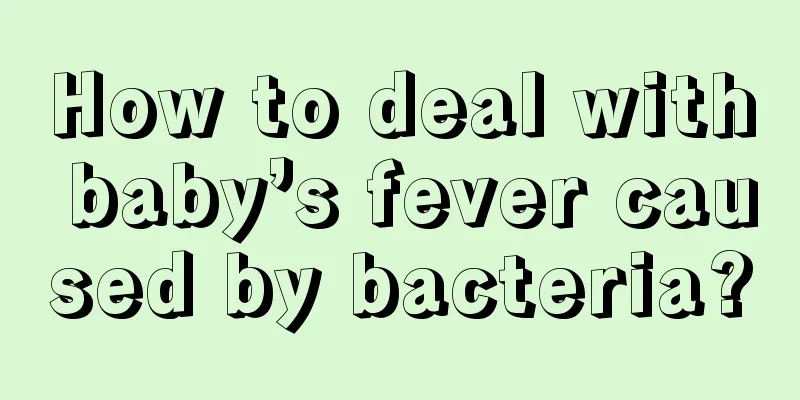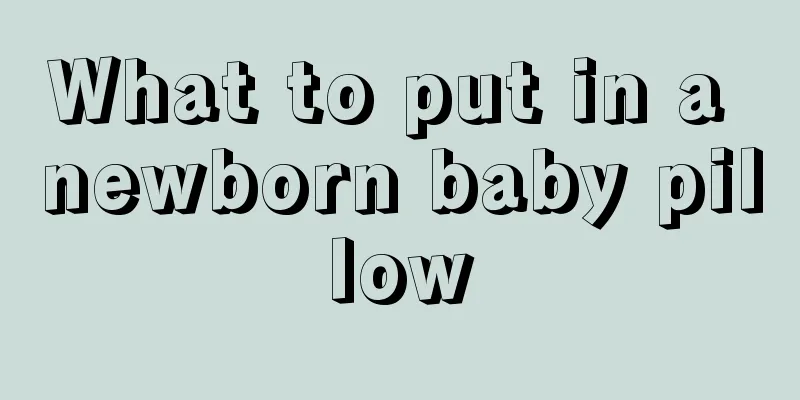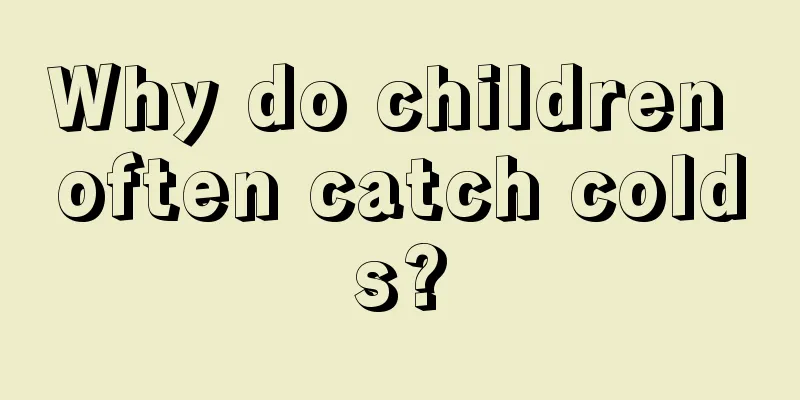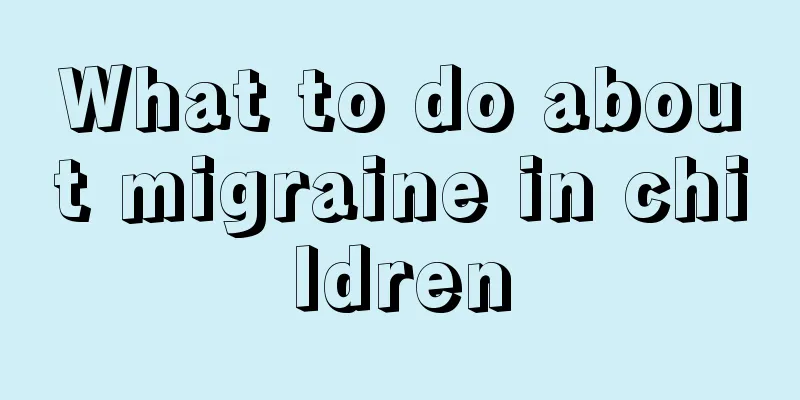Children with persistent fever
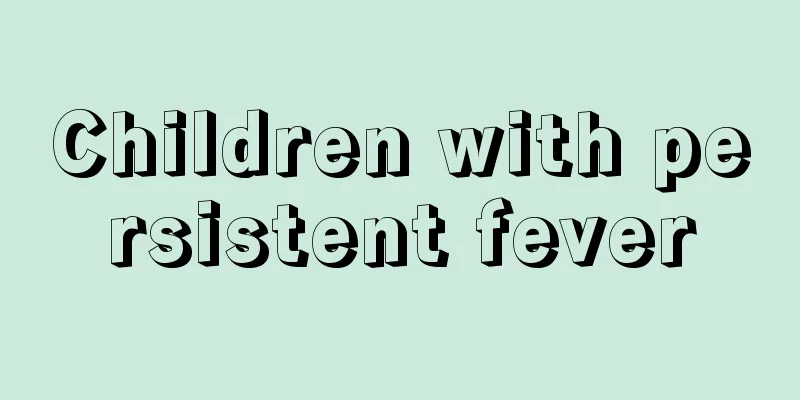
|
It is very common for children to have a fever. However, parents are most afraid that their children will have a high fever that will not go away. Generally speaking, when a child has this situation, parents will be very worried and anxious. Some parents are even in a panic and don’t know what to do. In fact, when a baby has a fever that will not go away, it is necessary to take the child to the hospital in time for formal professional treatment to reduce the baby’s fever as soon as possible. What should I do if my child has a persistent fever? The treatment methods for different degrees of baby fever are different When body temperature < 38.5°C Recommended treatment methods: drink water appropriately, cool down physically, and wear less clothes appropriately When the baby's body temperature is lower than 38.5℃, but his mental state is good, his appetite is normal, and his life and work schedule are regular, parents don't need to be too anxious. Because fever is a natural phenomenon of resisting the invasion of pathogens, if parents insist on reducing the baby's fever, it will weaken the baby's resistance. Generally speaking, if the baby's temperature is below 38.5℃ and he or she is not feeling particularly uncomfortable, there is no need to rush to take the baby to the doctor or use antipyretics. It is also best not to "cover your sweat" as this will make it difficult for the heat to dissipate. A low-grade fever usually lasts for several days. You should always observe your baby's mental state and appetite, and record the number of days with fever (accurately calculate the number of days with fever), interval time, temperature changes and other discomfort symptoms before seeing a doctor for the doctor's reference. When 38.5℃≤body temperature<39℃ Recommended treatment methods: physical cooling, appropriate use of antipyretics, and consideration of going to the hospital If the child's fever does not improve and continues to rise to between 38.5℃-39℃, parents should adopt physical cooling methods such as ice compresses and warm and wet compresses at home. While using physical cooling to help the baby dissipate heat, you can appropriately use antipyretics or fever suppositories to help reduce the fever. Antipyretics or antipyretic suppositories: If the baby's fever is between 38.5℃-39℃, you can take antipyretics appropriately, with the principle of using one medicine at a time, to relieve the baby's discomfort and prevent the baby from having high fever convulsions. It is best to use antipyretics that are approved by a doctor and safe for children to take; if your baby refuses to take oral medications, antipyretic suppositories are the best choice. This suppository is inserted through the anus and is mainly absorbed by the rectum, so its effect is relatively fast. However, it should be noted that the use of antipyretic suppositories has a strong antipyretic effect and it is easy to reduce fever excessively, causing a sharp drop in body temperature. In addition, repeated stimulation of the anus by the drug can easily cause diarrhea in babies. Parents need to communicate with a doctor before allowing their babies to use it. |
<<: Children with fever 38 degrees
>>: What medicine should children take for viral fever
Recommend
What causes synovitis in children? The reason is actually this
When a child's microcirculation is blocked, a...
Three different methods of reducing fever in children
When parents know that their children have a feve...
What should I do if my 9-year-old child doesn’t like to eat?
Everyone tries their best to take care of, cheris...
How to treat dry vomiting in newborns
Newborns will have symptoms of dry retching after...
Is laryngitis contagious in children?
Laryngitis in children is a relatively common dis...
Can children eat breakfast during physical examination?
Physical examination is a very important activity...
What to do if your child has a fever and sore throat
It is very common for children to have a fever. F...
What should I do if my child has poor absorption?
A child's absorption ability is an important ...
What are the symptoms of intussusception in children?
Intussusception is a very common acute abdominal ...
What to do if your child has a flat nose
Children with flat noses do not need special trea...
Primary school third grade schedule
The third grade is an important year in elementar...
What are the harms of children staying up late?
Children nowadays like to play, especially when t...
How to treat small millet-sized bumps on baby's neck
Summer is coming and many children have delicate ...
Symptoms of rickets in babies
Parents need to pay attention to the baby's b...
What to do if your child has a fever and stuffy nose
Children's fever is accompanied by nasal cong...
